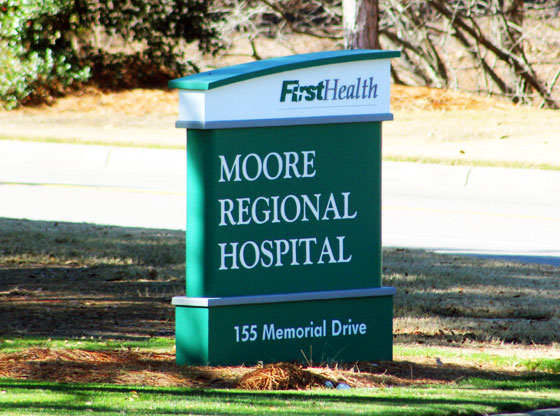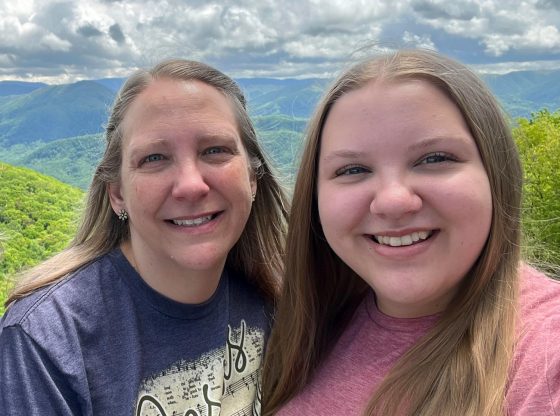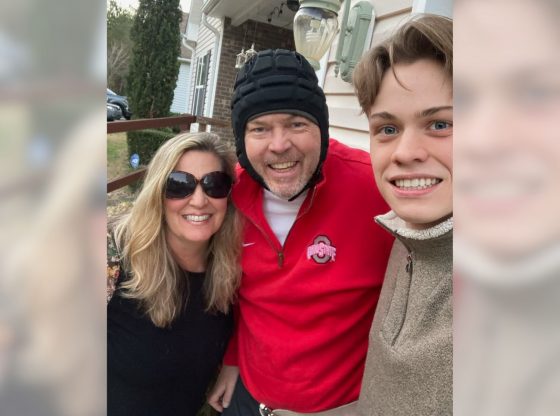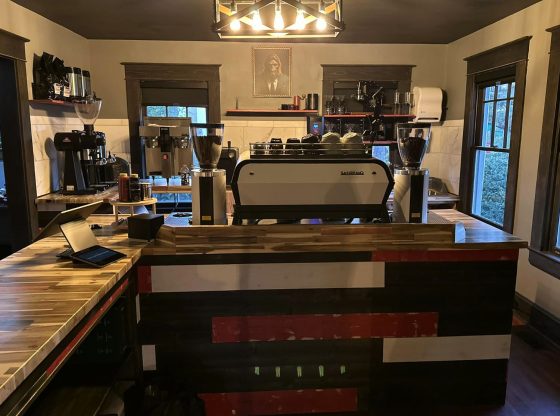According to the World Health Organization and Alzheimer’s Association, dementia is a public health priority. Presently, there are 50 million people worldwide with dementia, and these numbers are set to triple by the year 2050 to 152 million.
Additionally, individuals with Alzheimer’s disease and other dementias have 3.2 million hospital stays annually, which is significantly more than older individuals without dementia.
The dementia-friendly hospital initiative at FirstHealth of the Carolinas is designed to engage staff through training and education to raise awareness of the special care needs of people with dementia and provide best-practice approaches to effectively interact with patients with dementia to provide safe and quality care.
“A hospital stay can be stressful for anyone,” says Mandi Hedgepeth, R.N., FirstHealth dementia-friendly coordinator. “But the unfamiliar noises and activities of a hospital can be especially upsetting for a person with dementia.”
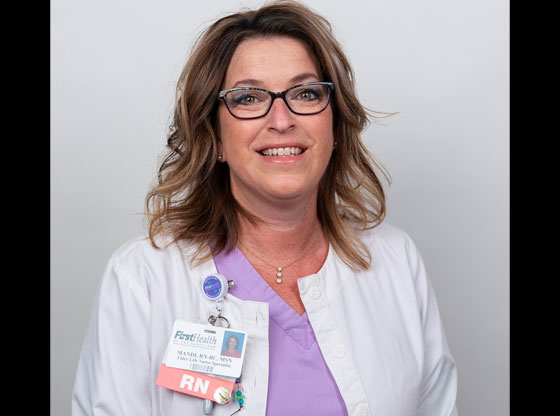
Mandi Hedgepeth, R.N., FirstHealth dementia-friendly coordinator (courtesy photo).
As dementia-friendly coordinator at FirstHealth, Hedgepeth is spearheading the system’s efforts in this initiative. She holds national board certifications in geriatrics and Alzheimer’s and earned her master of science in nursing in care coordination.
Steven C. Lewis, M.D., FirstHealth neurohospitalist, serves as the physician director of the dementia-friendly program. He also directs the Hospital Elder Life Program (HELP), a program designed to improve the hospital experience for older patients.
Hedgepeth and Dr. Lewis are also joined by Terrie Ebel R.N., MSN, who provides education and data collection to support both the dementia-friendly and HELP initiatives.
According to Medicare data, about 25% of all hospital patients aged 65 and older have dementia.
Compared with other older people, older people with dementia have three times as many hospitalizations, four times as many hospital days and almost three times as many ER visits.
“Our goal is to provide an environment where patients with dementia are recognized and our staff understand the special care needs of patients with dementia and take the appropriate action to provide safe and efficient care,” adds Hedgepeth.
The initiative at FirstHealth consists of two phases. Phase one focuses on building awareness of dementia and the importance of creating a dementia-friendly hospital environment.
“We want to stop the stigma of dementia through awareness and education,” says Hedgepeth. “Dementia is a disease, not the identity of the person.”
As part of the effort to raise awareness, FirstHealth held the 2019 Care of the Dementia Patient Symposium on June 11 at Moore Regional Hospital. The event was titled, ‘Sorting out the Three Ds: Delirium, Depression and Dementia,’ and the featured speaker was occupational therapist Teepa Snow, a dementia care expert with more than 40 years of clinical and academic experience.
A quote often used by Teepa Snow is, “until there is a cure, we can care.”
According to Hedgepeth, that’s the core of the dementia-friendly hospital initiative—to care.
“Dementia will eventually rob individuals of their memories, but through love, compassion and the correct communication skills, the person living with dementia will feel value, purpose, dignity and comfort,” adds Hedgepeth.
Phase two of the initiative is the adoption phase and will include the development of a number of initiatives to improve care for patients with dementia such as special room packets that include labels to be placed on items in the patient’s room to help decrease confusion, toolkits at each nurses’ station with reference materials for staff and caregivers, and implementation throughout all FirstHealth campuses.
“Our goal is to take this initiative beyond the walls of our hospitals and clinics,” says Hedgepeth. “We want to improve all experiences for people with dementia, not just hospital experiences, by partnering with local businesses to provide education and resources to create a dementia-friendly community.”
FirstHealth will use forget-me-not flowers to represent patients living with dementia who are in the hospital. As the effort expands in the community, it’s Hedgepeth’s desire for forget-me-not flowers to be seen in the windows of local businesses to indicate dementia-friendly locations.
Contributed


